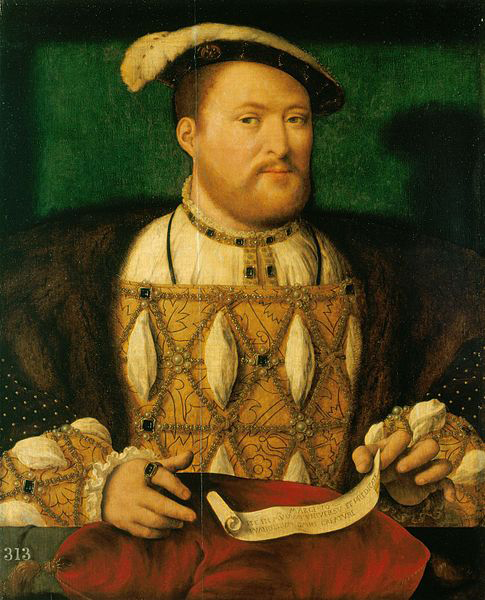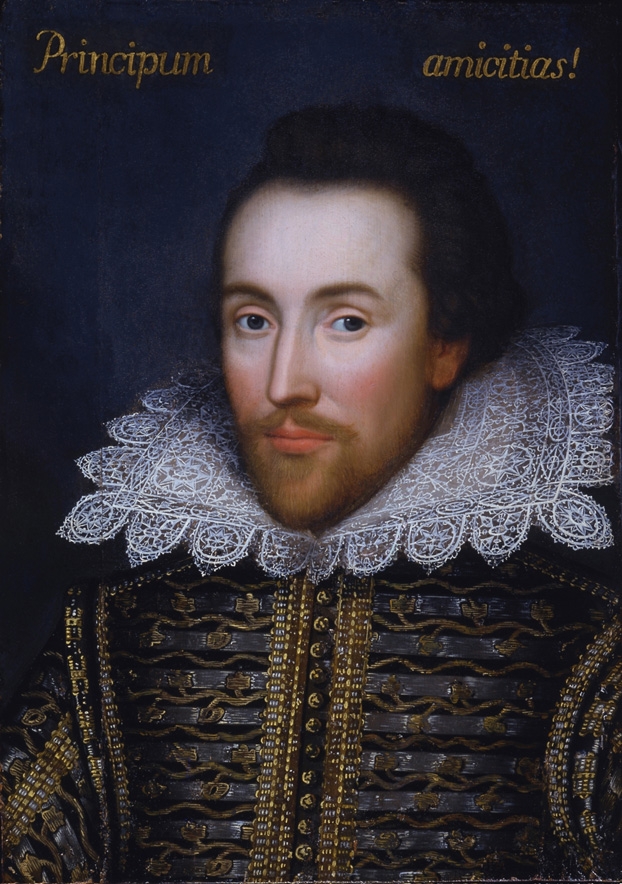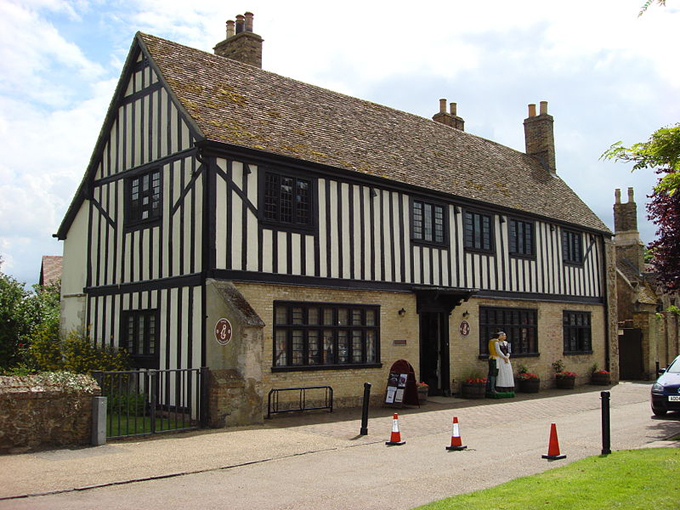This week in history saw the birth of our beloved Bard and the beginning of a reign that would change the course of British history…

21 April
Henry VII, the first Tudor king, died on this day in 1509. He died of tuberculosis and was buried at Westminster Abbey after a prosperous reign. The country was united but it was not to last as his son Henry VIII ascended the throne as his heir. Henry VIII’s notorious reign – with his many wives and the reform of the English Church – is one of the most famous throughout English history.
British author, Charlotte Brontë was born on this day in 1816. She is known as one of our best writers thanks to what is widely regarded as her greatest work, Jane Eyre, which tells the tale of the eponymous character and her relationship with the Byronic Mr Rochester and is set on the wild moors of Yorkshire.

23 April
It was on this day in AD 303 that Saint George, England’s patron saint, died. The Roman soldier who refused to take part in the persecution of Christians is celebrated annually on this day in England as a national holiday, St George’s Day.
Although much contention exists around the specific dates of his birth in 1564, Shakespeare’s birthday is celebrated on 23 April. The famous British playwright from Stratford-upon-Avon is also thought to have died on the same day years later in 1616.

25 April
Oliver Cromwell was born on this day in 1599. Cromwell went on to be a renowned soldier and statesman —both admired and reviled throughout history. He ruled Britain from 1653-58 as Lord Protector after winning the English Civil War and played a significant role in the trial and execution of King Charles I.
26 April
The Duke of York and Elizabeth Bowes-Lyon, later to become King George VI and Queen Elizabeth, married on this day in 1923 at Westminster Abbey. They chose the abbey over a traditional royal chapel wedding as it was presumed that a public wedding would help to lift the spirits of the public after the Great War. Elizabeth was the first royal bride to lay her bouquet at the Tomb of the Unknown Warrior in the Abbey, which has since become a tradition.

27 April
In 1828, the Zoological Society of London (later to become London Zoo) opened their zoological gardens in Regent’s Park. The society was founded by Stamford Raffles and was open to fellows and those who had a written ‘order’ from a Fellow along with a payment of one shilling.
The first version of John Milton’s Paradise Lost was published on this day in 1667. The epic poem consisted of 10 books and tells a powerful tale of Adam and Eve, the serpent and the apple, and their exile from Paradise.
Related articlesBRITAIN’s top 10 quirks of the British language |
Click here to subscribe! |
|
|||||||||||||||||







 © 2024
© 2024